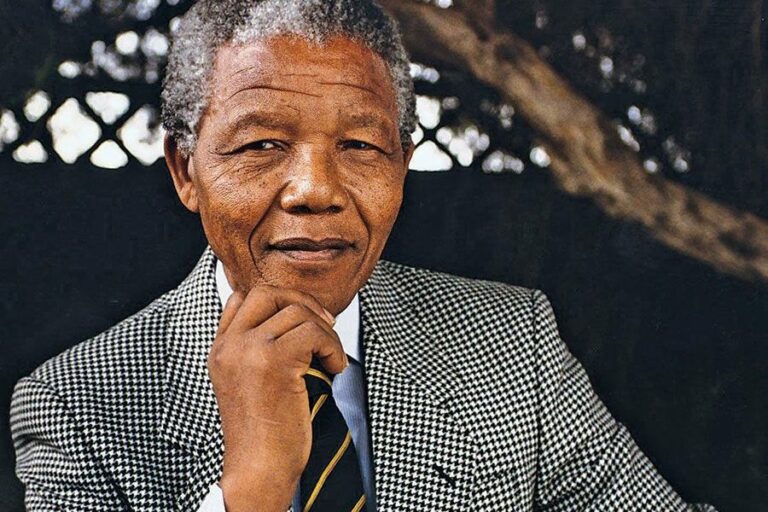He was born Nelson Rolihlahla Mandela, but to South Africans, he is simply Tata Madiba. On July 19, 2018, as part of the Mandela centenary celebrations, the Nelson-Mandela Foundation photo exhibition, depicting key moments in the life of the father of South African democracy, was opened in Berlin.
The panel members were South African Ambassador Sizani, theologian Dr Ben Khumalo-Seegelken, Simone Knapp from Kirchliche Arbeitsstelle Südliches Afrika (KASA) and South African advocate, Jeanette Buis. The question as to who Nelson Mandela was, is best answered by Mandela himself, who said on his release from prison in 1990 that: “I stand here before you not as a prophet but as a humble servant of you, the people.”
It was agreed that Nelson Mandela was a leader who was made by a collective, a humane and caring person who lived in a way that enhanced others. It was Mandela’s conviction and belief in freedom that gave rise to a South African future that was very different from its apartheid past.
While understanding that one must guard against mythmaking and romanticising Mandela, panellists concurred that one cannot minimise his contribution. He paved the way for a South Africa based on a Constitution that has granted its citizens the freedom to define themselves on their own terms. A democratic South Africa means that its citizens have the freedom to make mistakes or to do things right; they have the liberty to fail their people or to provide in their needs.
The discussion concluded that freedom is a process and not an event, that constitutional rights are meaningless without reparation for harm suffered under apartheid. The continued inability of many South Africans to work and enjoy a decent standard of living remains the country’s biggest challenge. For South Africans to do justice to the legacy of Nelson Mandela and to make Mandela relevant 100 years after his birth, we must ceaselessly work at improving the lives of ordinary South Africans.
The evening ended with a moment that reflected the true spirit of Mandela when ordinary South Africans living in Germany took the opportunity to engage with Ambassador Sizani. The frank discussion that followed echoed Mandela’s words that: “A good leader can engage in a debate frankly and thoroughly, knowing that at the end he and the other side must be closer, and thus emerge stronger.”
The Mayibuye e.V. and Rosa Luxemburg Foundation event celebrating 100 years of Nelson Mandela generated the opportunity to start strengthening the South African community living in Germany and to embark on a continued conversation between South Africans and their government’s representative in Germany.

